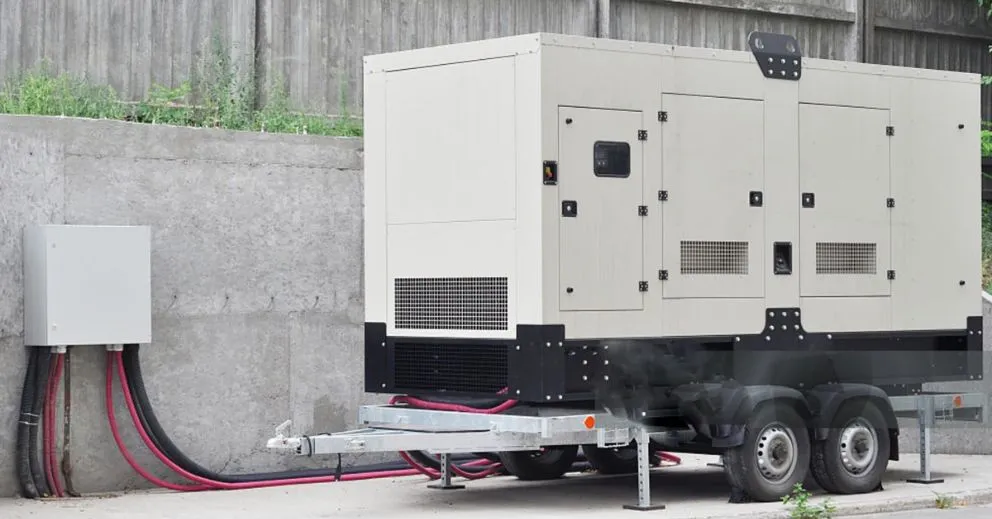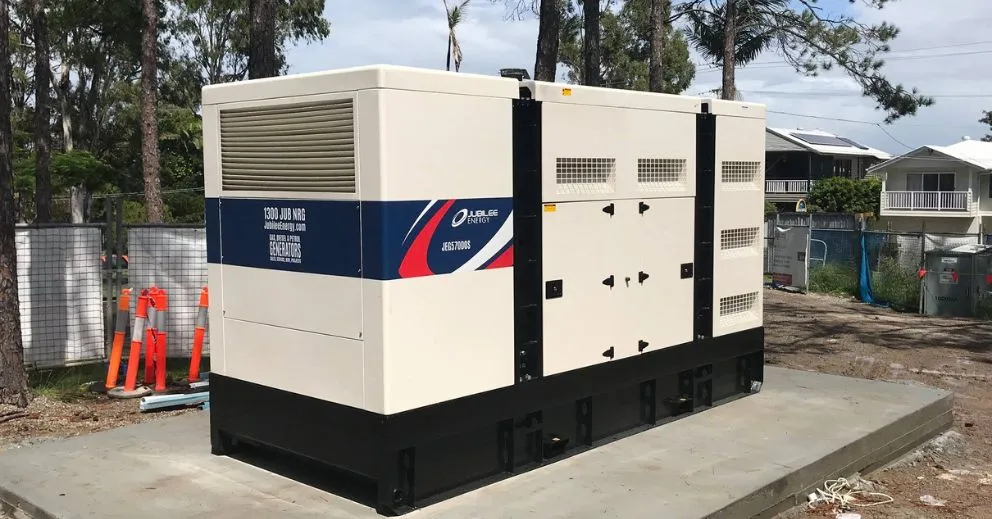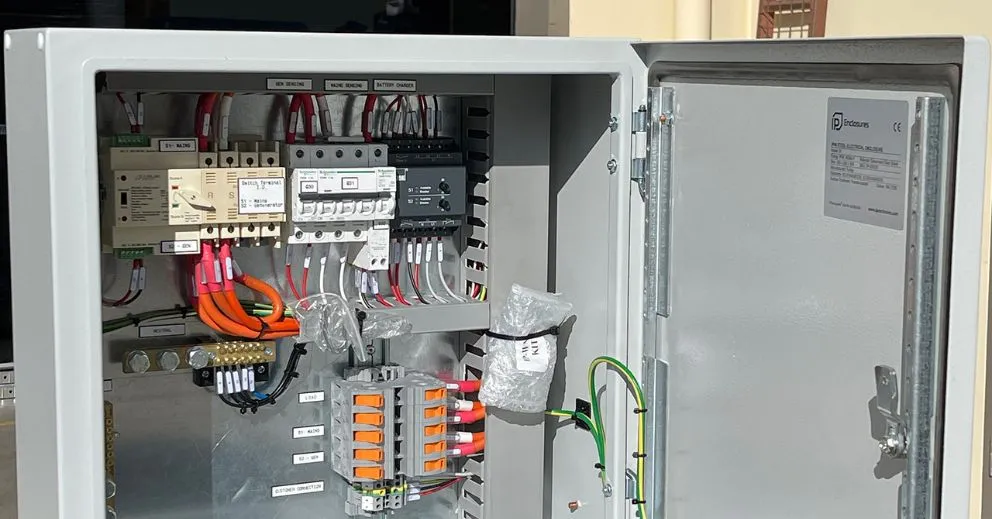Gas-powered generators are a reliable and efficient power solution for homes, businesses, and remote worksites. Whether you need one for backup during outages or for powering tools and equipment on the go, finding the right generator isn’t always straightforward.
The right choice depends on your power needs, usage frequency, location, and budget.
Summary: Choosing the right gas-powered generator starts with understanding how much power you need and where you’ll use it. Whether you’re looking for a portable model for occasional use or a larger standby unit for business operations, it’s important to weigh the pros and cons of each type. Factors like runtime, noise levels, and safety features also come into play. In this blog, we’ll walk you through the key considerations so you can make an informed decision that suits your needs.
Understand Your Power Requirements
Before choosing a generator, calculate how much power you need. Think about what you’ll be running during an outage or on-site.
- List essential appliances or equipment (e.g. fridge, lights, power tools, medical devices)
- Add up their starting and running wattage (you can usually find this on the product label or manual)
- Choose a generator with enough capacity to handle both the startup surge and ongoing power needs
Tip: It’s better to slightly overestimate than to underpower your setup, which can lead to overloads or equipment damage.
Decide Between Portable vs Standby
Portable Gas Generators:
- Great for occasional use, camping, and small household appliances
- Easier to move and store
- More affordable
Standby Gas Generators:
- Permanently installed and automatically start during a power outage
- Ideal for businesses or homes needing continuous power
- Higher upfront cost but more convenient and reliable
Consider Runtime and Fuel Efficiency
When choosing a generator, it’s important to consider how long it can run on a full tank of petrol, especially during extended power outages or when working in remote areas without easy access to refuelling.
A larger fuel tank generally means a longer runtime, which can be crucial in these situations. You should also check the generator’s efficiency rating and look for models that deliver more hours of operation per litre of fuel.
Some modern generators even include an “eco mode” that automatically adjusts engine speed to match power demand, helping to conserve fuel when usage is low.
Check for Noise Levels
Generators can be noisy, which may be an issue in residential areas or worksites with sound restrictions. When comparing models:
- Check the decibel (dB) rating, lower numbers mean quieter operation
- Consider sound-dampening features like enclosed casing or mufflers
- Some inverter generators offer ultra-quiet performance ideal for home use
Prioritise Safety Features
Safety matters, especially when dealing with flammable fuel and electrical loads. Look for these features:
- Low-oil shutoff to protect the engine
- Overload protection to avoid damage to appliances
- Carbon monoxide sensors in enclosed or semi-enclosed areas
- Weatherproof outlets for outdoor use
Budget Considerations
Gas-powered generators range in price based on their capacity, build quality, and features.
- Portable models can start from a few hundred dollars
- Standby units with automatic transfer switches can cost several thousand
- Don’t forget installation and maintenance costs for standby units
A higher upfront investment in a quality generator often leads to better performance, longer lifespan, and fewer repairs down the track.
Get Expert Advice
If you’re unsure what size or type you need, it’s worth speaking with generator professionals who can assess your unique situation. They’ll help you weigh up the pros and cons, and ensure your generator is safely installed and serviced.
Ready To Power Up With Confidence?
Whether you need backup for your home or a long-term solution for your business, Jubilee Energy can help you find the right gas-powered generator for your needs.
Contact our expert team today for advice, quotes, and reliable installation options tailored to your setup.
Key Takeaways
- Choose a gas-powered generator based on your total power needs and intended usage.
- Consider whether a portable or standby model better suits your home or business.
- Look at runtime, fuel efficiency, noise levels, and safety features before deciding.
- A quality generator is an investment in convenience, safety, and peace of mind.
FAQ:
How much power do I need from a gas generator?
It depends on what you want to power. Add up the wattage of all essential devices and choose a generator that can handle the combined load.
Are gas generators safe to use indoors?
No. Gas-powered generators must always be used outdoors in well-ventilated areas due to carbon monoxide risks.
Can I connect a gas generator directly to my home?
Not without a transfer switch. Standby units usually come with this setup, while portable generators may require manual connection via extension cords or an electrician-installed switch.
How often should I service my generator?
Service intervals depend on the brand and usage, but typically every 100–200 hours of operation or once a year.
More insights from us
Discover the latest in power generation technology.





